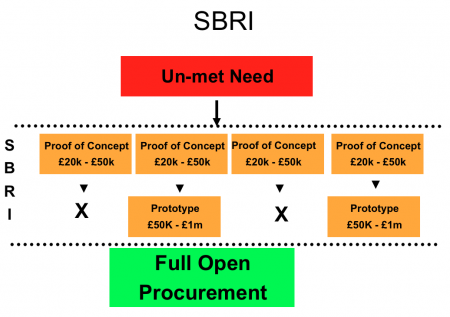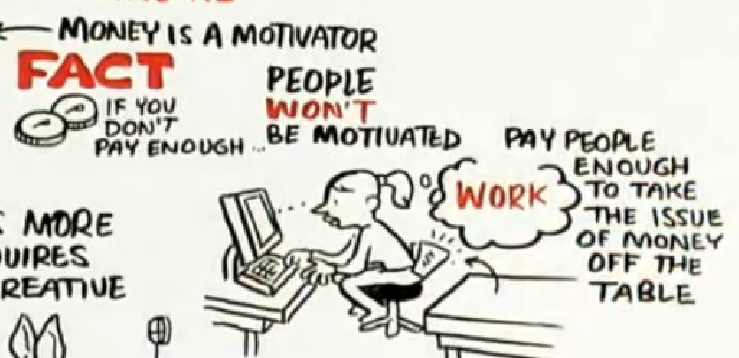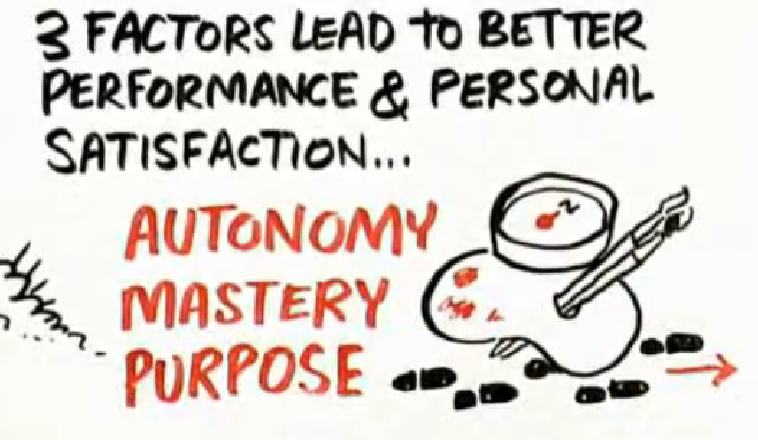Yesterday morning I had the pleasure of being invited to Colby House to meet with various departments within the public sector. Present were individuals from DRD, DETI, NITB, CPD, FSNI and Momentum. The focus of the meeting was the vast services and datasets available from Land & Property Services (the organisation formed from the merger … Continue reading “Northern Ireland GIS Data”
Yesterday morning I had the pleasure of being invited to Colby House to meet with various departments within the public sector. Present were individuals from DRD, DETI, NITB, CPD, FSNI and Momentum. The focus of the meeting was the vast services and datasets available from Land & Property Services (the organisation formed from the merger of Ordnance Survey, Valuations, Rates, Land Register and other departments).
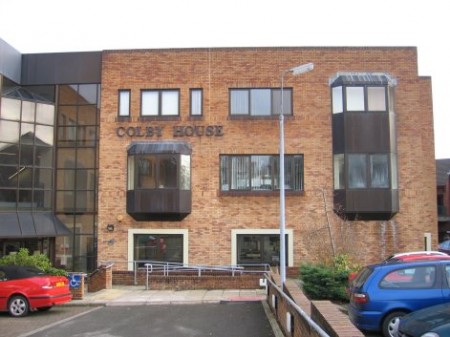
Most government departments have signed up to NIMA (Northern Ireland Mapping Agreement) which is a cross-department funding mechanism where departments get access to mapping data in return for part funding L&PS activities. The biggest users of the data are the emergency services followed by the Department of the Environment. Data accessed right in the cabs of fire engines can guide a vehicle to a car crash located in a field with no other data than just geographical features. It’s also interesting that educational institutions also qualify for NIMA.
The agreement permits access to terabytes of data which is continuously updated both in terms of vector and database information and orthophotography to a maximum resolution of 13 cm. The amount of accompanying data, which can be overlayed, is absolutely incredible – everything from vector locations of every house, details of townlands, address, postal delivery codes and years of historical information as well.
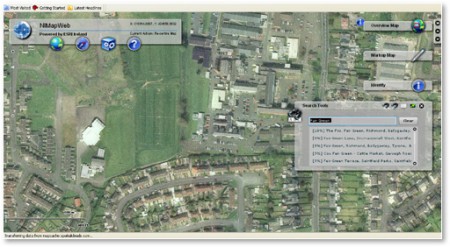
To purchase the data would cost in excess of £500,000 but non-commercial developer licenses are available for £340 per year. L&PS also offer distributor licenses, Value Added Reseller licenses and licenses to third parties (clients of other departments which have signed up to NIMA). The VAR license, in particular, costs a nominal fee, just £1, plus an administration cost to obtain the data and then a royalty license depending on how much value has been added.
Of further interest is upcoming INSPIRE directive from Europe. It describes the depth and format of metadata which must be published to permit standardisation of protocols and data across EU countries. This would permit the meaningful comparison of data such as biodiversity, teenage pregnancy rates, health data between EU states. This would mean that solutions built today would translate forward and be potentially exportable to other EU nations.
Land & Property Services are very interested in talking to industry – individuals and companies who can see compelling uses for GIS data.
The remainder of the meeting was a discussion around the concept of Pre-Commercial Procurement, which is an entire blog post by itself.
Special thanks to Eoin McFadden of the Innovation Policy Unit of DETI for making sure that we got to see that presentation.

